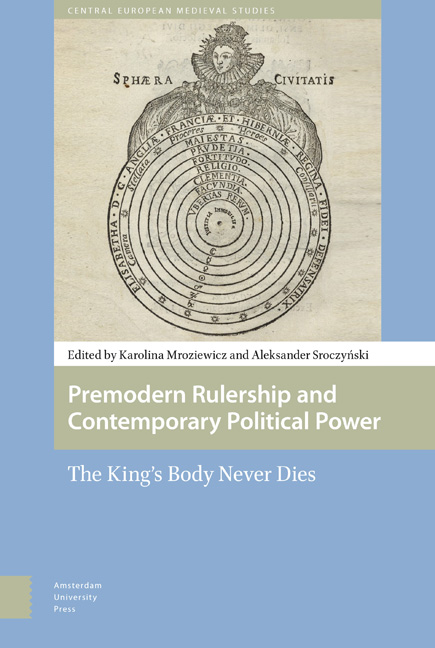The Supreme Power of the Armour and the Veneration of the Emperor’s Body in Twelfth-Century Byzantium
Published online by Cambridge University Press: 24 December 2020
Summary
It's the Byzantine king supreme
All kneel kiss the ring. Into a Elohim […].
Smack emcee’s, watch’em scream, ‘Your Majesty!’
Make them suffer the capacity of tragedy
Hold the crown down like gravity.
With these words from his 1998 hit ‘Cross my Heart,’ Killah Priest (née Walter Reed) saw himself as a new Byzantine emperor and demanded that his contemporary MCs submit to the supremacy of his lyrics. In fact, he could not have put in better words the projected image of imperial power in Byzantium and what was considered indisputable sovereignty over the ecumene. A twelfth-century court poet – who could have been improvising verses in a manner similar to Walter Reed – demands that the imperial foes should ‘submit and lick the dust from the emperor's heel.’ This verse may not sound surprising to the modern reader who, being accustomed to the image of Byzantium as a military power, would consider the martial virtues of the emperor as a standardised element of imperial laudation. However, after reviewing the surviving sources, Alexander Kazhdan demonstrated that the military ethos, which surpassed the classical idea of the virtue of courage (άνδρϵία), became an essential and consistent component of the imperial image after the accession of the new imperial clan, the Komnenoi, to the Byzantine throne. Of course the militarisation of the imperial image is not a coincidence: the Komnenian dynasty emerged out of the military elite of the Empire at a time of turbulence and civil anarchy. The accession to the throne of Alexios I (r. 1081-1118), under whom the Komnenos family came into full power, occurred at a time of constant warfare in Asia Minor and the Western Balkans. Ten years earlier, a Byzantine Emperor had been captured by the enemy after the battle of Manzikert (in eastern Turkey); the years following this disaster were a series of consecutive usurpations and threats against the integrity of imperial territory. In this context, the Komnenoi needed to convey a stance of strong will and an image of iron-fisted rule. The projection of imperial propaganda – essential to the political survival of the Komnenoi – became possible thanks to a rise in the importance of rhetoric, which had occurred during the early eleventh century.
- Type
- Chapter
- Information
- Premodern Rulership and Contemporary Political PowerThe King's Body Never Dies, pp. 47 - 72Publisher: Amsterdam University PressPrint publication year: 2017



